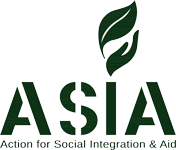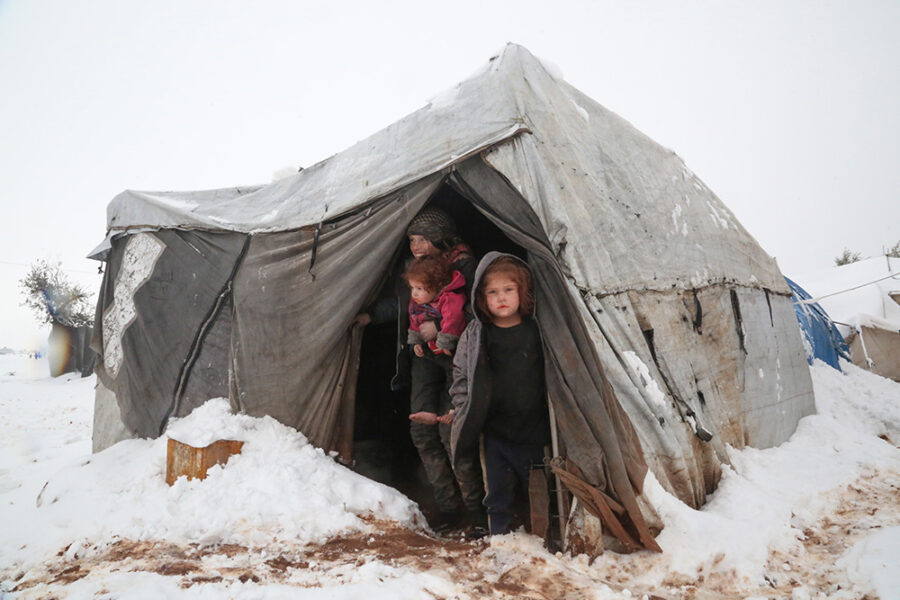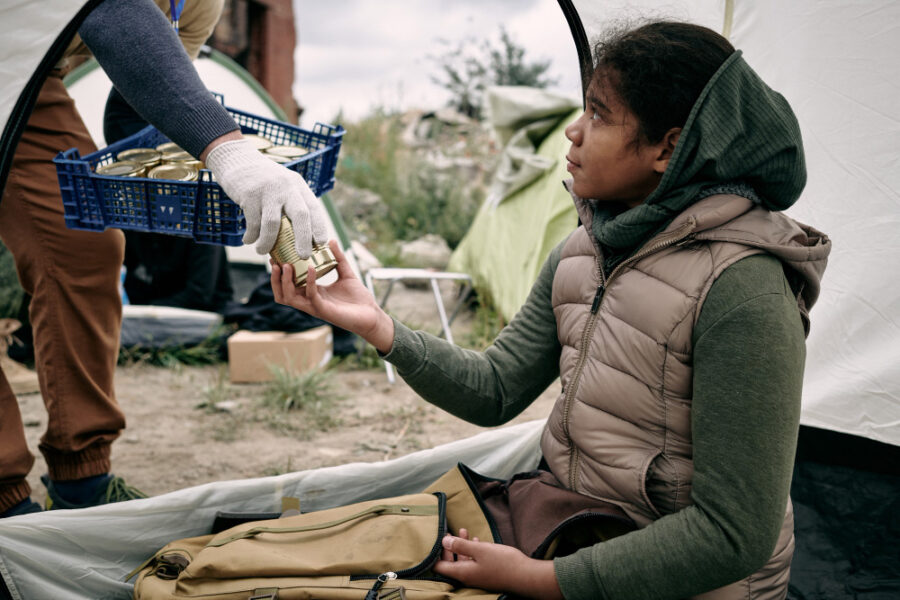In Lebanon’s rural communities, farming is more than a livelihood — it’s a way of life, a family tradition, and a key to food security. Yet, in recent years, farmers have faced growing challenges: rising costs, climate change, limited access to resources, and shrinking market opportunities. At Asia Charity, we work hand-in-hand with local farmers to help them grow more than just crops — we help them build sustainable futures.
The Challenge: Farming in Uncertain Times
From unpredictable weather patterns to high prices for seeds, fertilizers, and water, small-scale farmers often struggle just to break even. Many of them lack access to modern tools, training, and reliable markets. As a result, some abandon farming altogether, further weakening Lebanon’s already fragile food system.
That’s why our agricultural support programs focus on more than just aid — we focus on empowerment. We don’t just give farmers materials; we help them build the knowledge, networks, and confidence to thrive.
Step One: Quality Seeds, Local Knowledge
Everything starts with a seed. We provide farmers with high-quality, climate-resilient seeds that increase productivity and reduce the risk of crop failure. Alongside this, we organize training workshops on eco-friendly planting techniques, composting, crop rotation, and water-efficient irrigation methods.
These sessions aren’t one-size-fits-all. We tailor them to local conditions and traditions, working with agricultural experts and local elders who understand the land. This respectful, collaborative approach has allowed hundreds of farmers to improve yields without harming the environment.
Step Two: Tools and Infrastructure
Knowledge alone is not enough. That’s why we also help farmers access tools, build greenhouses, and repair irrigation systems. In some cases, we assist in establishing shared farming hubs where multiple families can work together, store crops, and share equipment.
These investments reduce labor, cut production costs, and create a sense of shared ownership and solidarity among community members.
Step Three: Connecting Farmers to Markets
One of the biggest hurdles for small farmers is not growing food — it’s selling it. Many have no access to reliable buyers or fair pricing. To address this, we connect farmers with cooperatives, local markets, and even digital platforms that promote local produce.
In our North Lebanon program, farmers began selling directly to schools, restaurants, and small grocery stores — reducing waste and increasing profits. “I no longer fear harvesting season,” said one farmer. “Now I know I can sell what I grow.”
Empowering Women in Agriculture
Women play a critical role in agriculture, yet they are often excluded from decision-making and support programs. At Asia Charity, we ensure women farmers are equally involved, trained, and supported. In some areas, we’ve helped women-led farming groups launch their own agricultural businesses.
The result? Not only more income for families — but more confidence, equality, and community leadership.
The Bigger Picture: Food Security and Sustainability
By empowering farmers, we’re strengthening entire communities. Our approach addresses immediate food needs while investing in long-term sustainability. Healthy farms lead to healthy families, resilient economies, and stronger food systems for all.
The ripple effect of this work can be seen in school lunch programs, healthier diets, lower migration rates, and revived local economies. When farmers succeed, everyone benefits.
You Can Help Plant the Seeds of Change
Supporting sustainable agriculture means supporting dignity, stability, and self-reliance. Your donation can help provide seeds, tools, and training that transform lives.
Donate and help us empower the farmers who feed our future.




